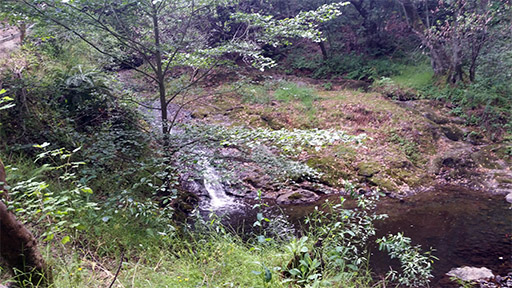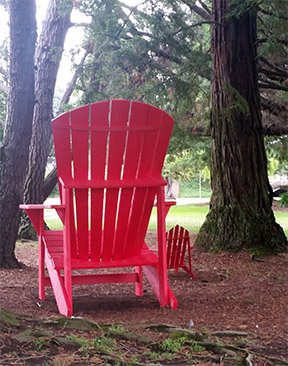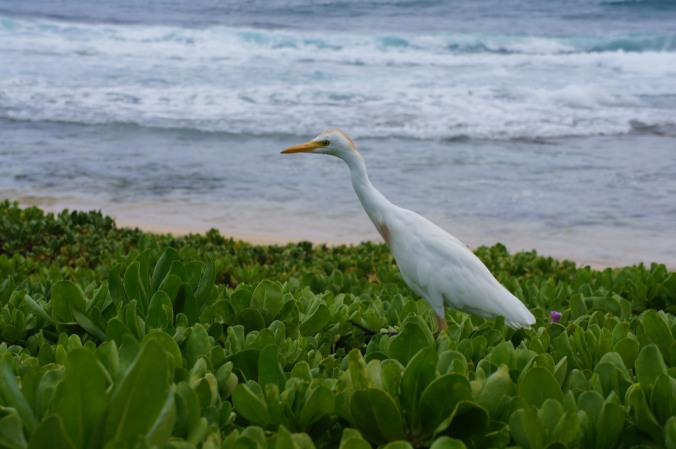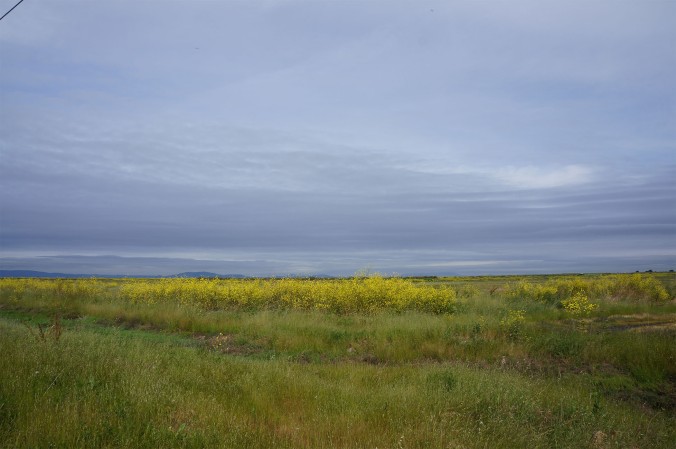When the famous composer died, their niece was tasked with cleaning out their house. With no children of their own, the house passed to her. She hadn’t seen Caz for years and it was odd to unlock the door to the house on the edge of a salt marsh famed for its shorebird watching on the mudflats. The house was silent. Angela remembered there always being music when she was there as a child even when Caz—not uncle, not auntie, “just Caz”—was overseeing dinner instead of their latest composition for full orchestra.
Angela looked around the cottage. It was spotless, as usual. It seemed to her as she walked inside and closed the door that she would turn a corner and there would be Caz, binoculars in hand waiving her over to come look at a particularly beautiful avocet in his breeding plumage. Angela smiled as she threw open a window to let in the breeze.
The study, unlike the rest of the house, showed the aftermath of a tornado. This too was as usual. Caz died in the middle of scoring another orchestral piece, obvious from the sheets and sheets of scores flung about the room. She picked up a crumpled sheet from the floor and smoothed it with the palm of her hand. When a tear splashed on the page and the notes began to run, Angela frowned. She hadn’t realized she’d been crying.
For the first time, she wished she’d inherited Caz’s gift. There was no one to finish the score. It would remain forever incomplete, but then, what life was ever truly completed?
It wasn’t the sore neck or the chill breeze that woke her in the morning, after she’d fallen asleep on the study floor. It was the music, such haunting music that she’d never heard before. Angela peeked out the window and her gaping mouth transformed into a smile that turned into a chuckle, which rolled into a laugh loud enough the echo across the marsh. Thankfully, it didn’t upset the orchestra.
Its members didn’t miss a beat of their wings or their calls from which sprang passages that could only be described as a Caz composition. Angela shook her head as she finally, belatedly, realized Caz had never pulled her leg when they said composing was simply writing down what they heard. Caz had given the world beyond the marsh the orchestral genius of the avocets.




 There is a giant chair now sitting beside the usual one under the trees. It was impossible to miss in the morning, on a walk, even with the light grey from the clouds blocking the sky from view. It wasn’t twilight or dawn, when the light plays tricks and everything flattens out until it looks as if you are walking through a painting rather than standing in the world.
There is a giant chair now sitting beside the usual one under the trees. It was impossible to miss in the morning, on a walk, even with the light grey from the clouds blocking the sky from view. It wasn’t twilight or dawn, when the light plays tricks and everything flattens out until it looks as if you are walking through a painting rather than standing in the world.



